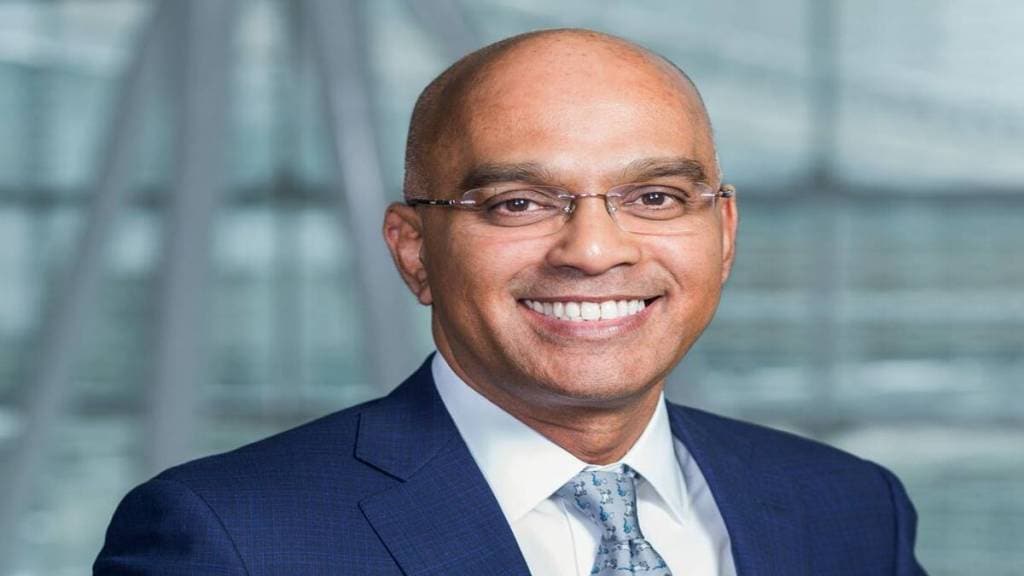Early this year, Ivanhoé Cambridge, the real estate arm of Canadian pension fund CDPQ, and Singaporean investor Mapletree announced a ~Rs15,400-crore venture to develop and operate office spaces in the country. Chanakya Chakravarti, head of Indirect Strategies-Asia Pacific at Ivanhoé Cambridge, talks to Raghavendra Kamath about the investor’s plans for the Indian property markets. Edited excerpts:
How do you look at the challenges in office properties in India due to problems in the US and other markets?
In the short term, there will be challenges for third-party providers of software services. However, GCCs (global capability centres) continue to be a long-term opportunity. Dislocation in broader markets is an opportunity for us. Post Covid, there is a flight towards quality and good properties will be a beneficiary of it.
How is the delay in the Development of Enterprise and Services Hub (DESH) Bill impacting office markets ?
This may be the factor that is contributing to delayed commitments and re-assessment of absorption strategies by select occupiers.
A lot of money has been committed by global investors for warehousing. However, investors say there are many challenges in this segment here. What is your take on this ?
There are challenges in land acquisition in warehousing. For example, It took us three years to buy an 80-acre parcel in a city here. The reasons are many – from village level issues to resolving illegal occupation of land even after a court order, among others. Once a developer-investor enters the space, it gives more confidence that the portfolio will be valuable if scaled. However, unless you have deep pockets, quality origination capabilities and a lot of patience , it may be disappointing for LPs (limited partners) to invest in warehousing given the competitive market dynamics.
A lot of unsuspecting investors gave money to blind pool funds between 2005 and 2014 without realising ground realities. It is grossly unfair to blame the country for that. We seldom commit money to blind pool funds. The ability to say no to what has been promised and what turned out to be something else is vital. We trust our partners but we are careful. A lot of peers follow this approach. No bad intent among fund managers, but it is the nature of the market.
Are you looking at any new sectors such as data centres, private credit and so on in real estate?
We are open to all opportunities, such as data centres, private credit, etc, but we are staying away from retail as a global strategy. We are researching the private credit space. There are opportunities in India, Australia, South Korea, etc. We have looked at it, but we will do it at the right opportunity and the right cost of capital.
How do you look at residential sales this year? Will there be any slowdown?
The strength of overall economy coupled with the sector consolidation has improved customer confidence, resulting in demand remaining strong although the affordability metrics are likely to be challenged in pockets given the increased unit sizes, input costs and the corresponding secular price increases being oberved across major gateway cities.
How much you are developing in the venture with Logos and Lodha?
We are developing close to 11 million sq ft under our JV with Logos. With Lodha, the target is to develop a scaled portfolio of 15 to 20 million sq ft in a mix of big box distribution centres and last-mile facilities in key consumption centres.


